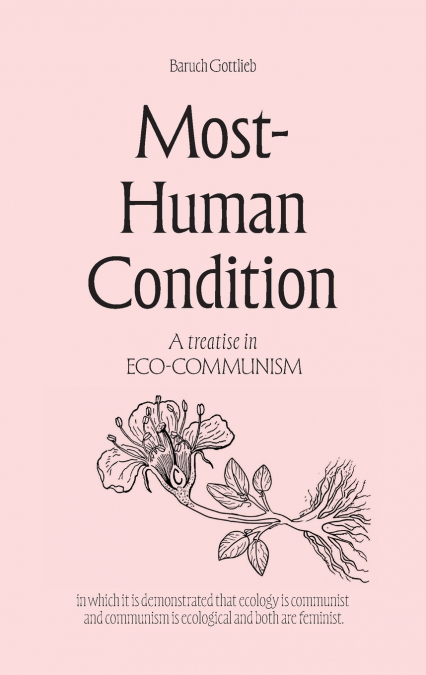
Baruch Gottlieb
Even if an 'AI' were to find a solution to any of the prevailing problems of our time - ecological or economic crises, systemic injustice, or poverty - such a solution would never be implemented unless it generated profit. Under capitalism, where the profit-imperative determines policy and trumps reason, science cannot be emancipated to improve the lives of the vast majority of people and provide for their needs sustainably on this planet. As ecofeminists such as Mary Mellor and Arial Salleh noted in the 1990s, we cannot meaningfully address the systemic devastation of the biosphere without constraining the capitalist drive to profit at any price. But how are we to do this? And who gets to be 'we?'Over the past several decades, the figure of 'human being' and the related ideas of humanity and humanism have deservedly come under more intense scrutiny. Emerging with colonialism, Enlightenment Humanism rationalised the inhuman: slavery, patriarchy, capitalism, and the technologised extraction from and subordination of women and nature. Yet, this book argues, we, human beings, do not really have any access to the world, to our necessarily shared conditions, and even to nature or the universe, except through other human beings.Following Sylvia Wynter, human being is understood as a practice - a process that grapples with the limits of language and science, and their effects on other humans and the world. We need all the time in the world to develop this practice, which means we must liberate everyone’s time from the system that monopolises it for profit. Where many other contemporary authors leave off with unlikely or implausible proposals, Gottlieb remains implacably revolutionary and grounded in material conditions. In this original, radically democratic proposal for eco-communism, we can only succeed if we rise together. We will only rise together when the least powerful of us can also lead.Gottlieb brings together a provocative array of references from eco-feminism to techno-philosophy, from historical materialism to contemporary art, to affirm the imperative of international intersectional struggle and solidarity which has persisted through the history of technological and scientific advance. Post-industrial society is really most-industrial society, post-modernity is really most-modernity, and 'the post-human' condition is really a most human condition.